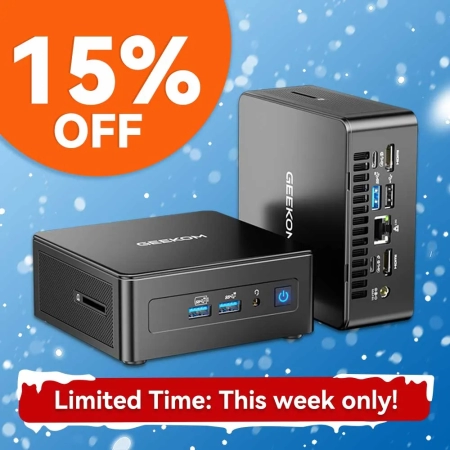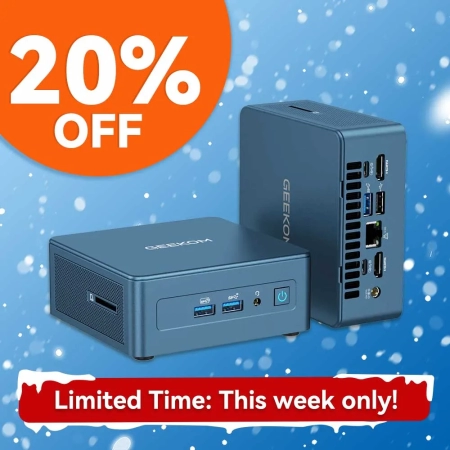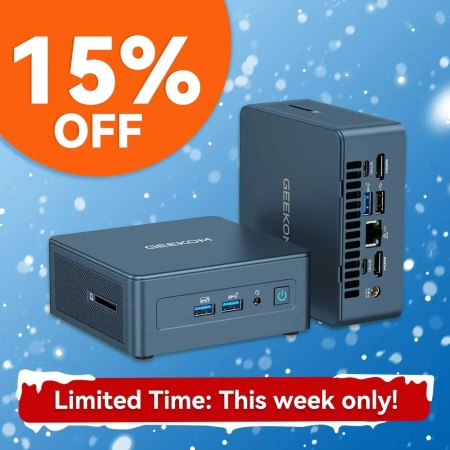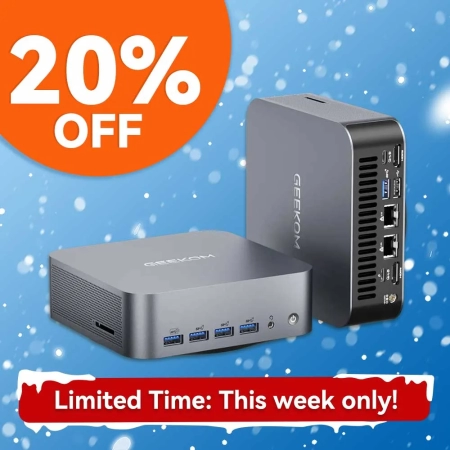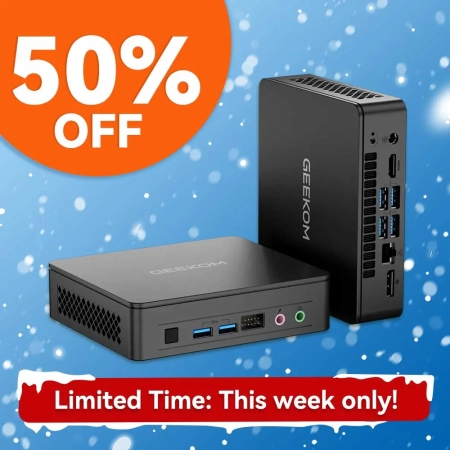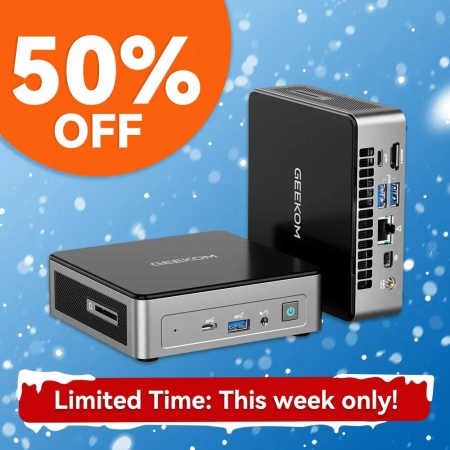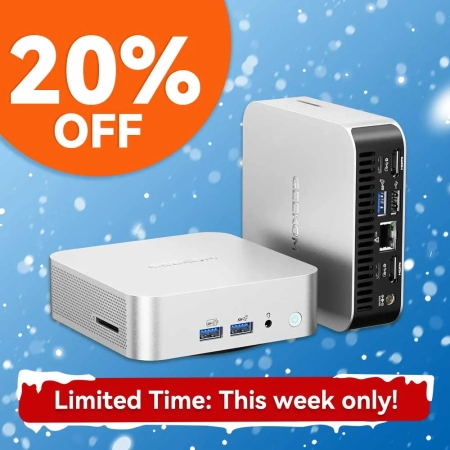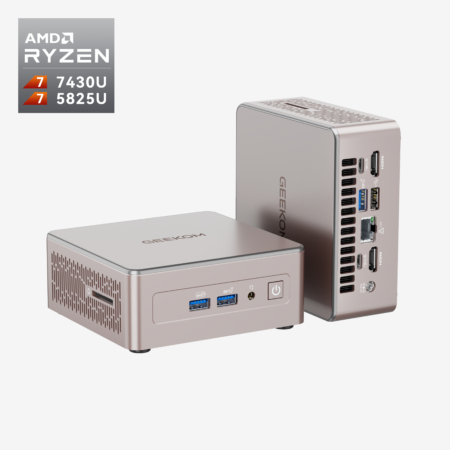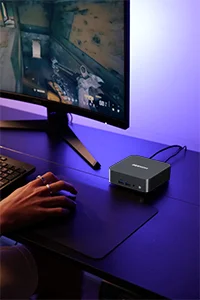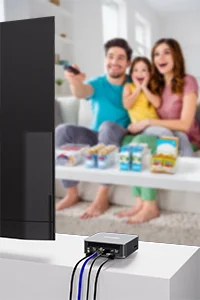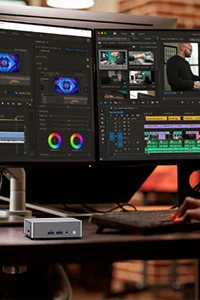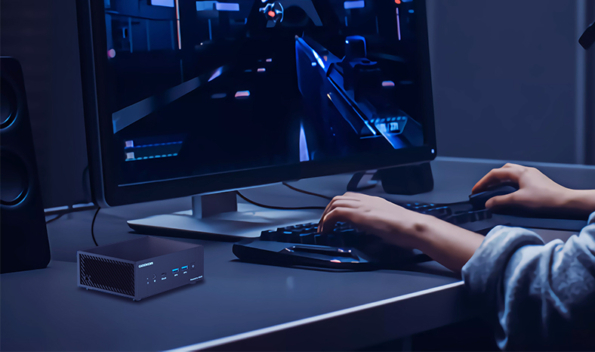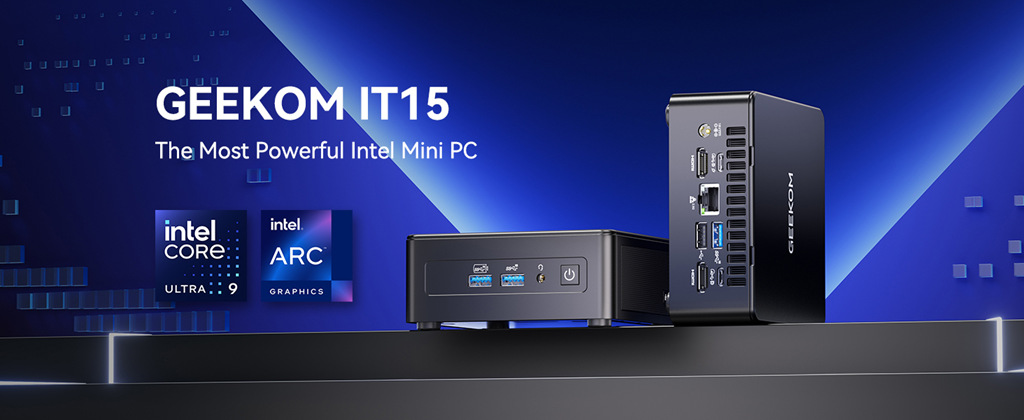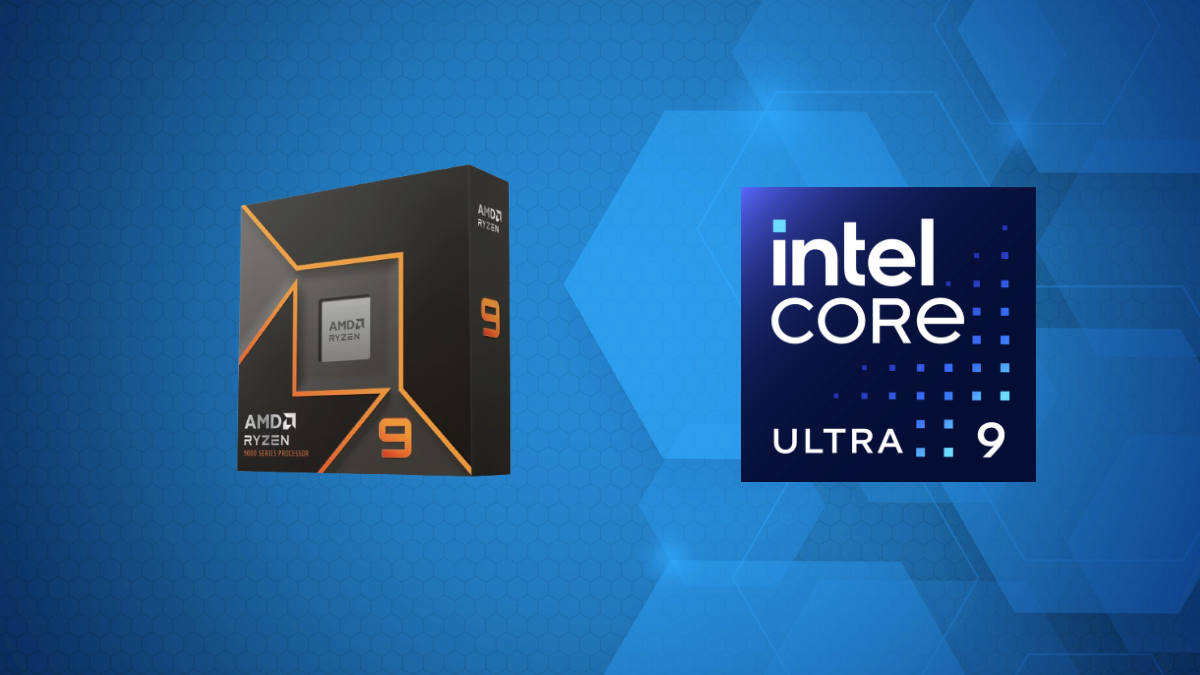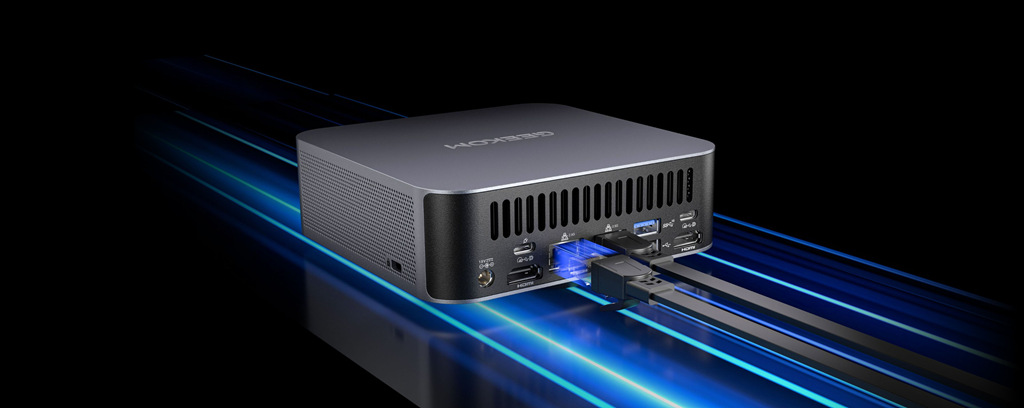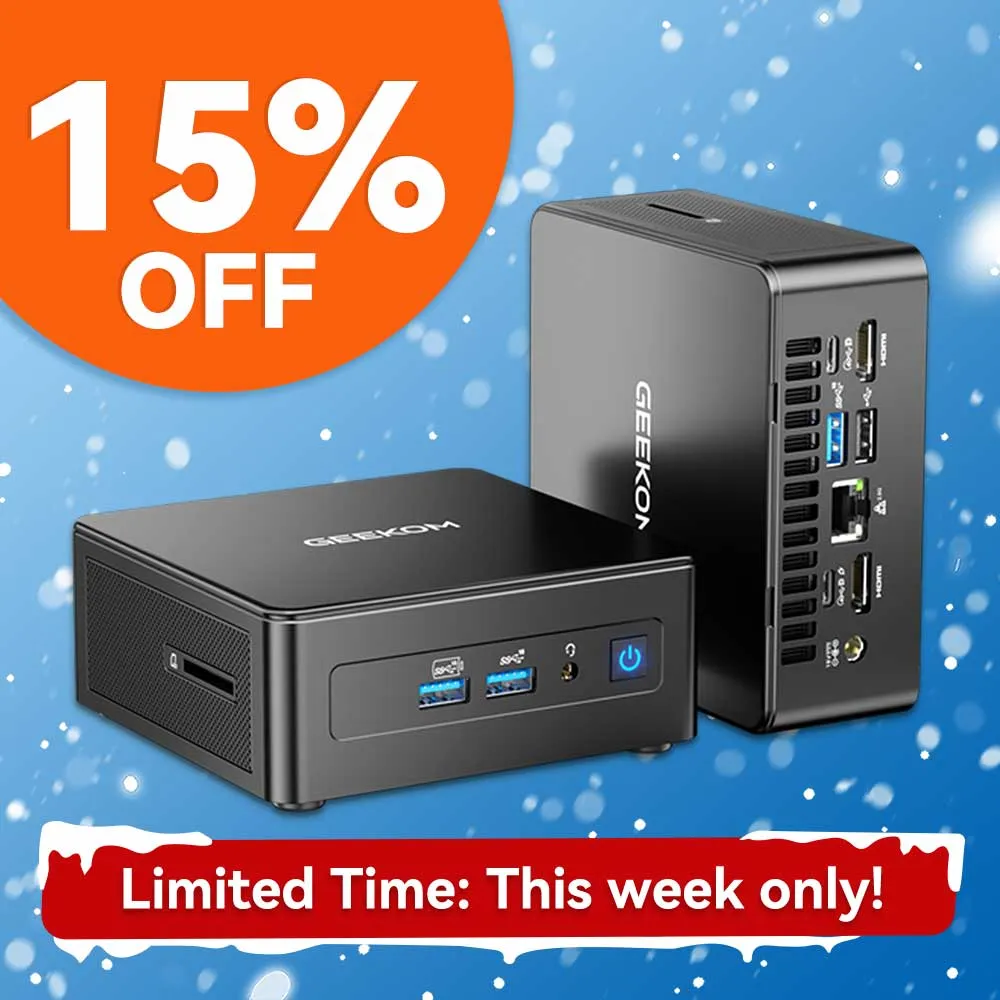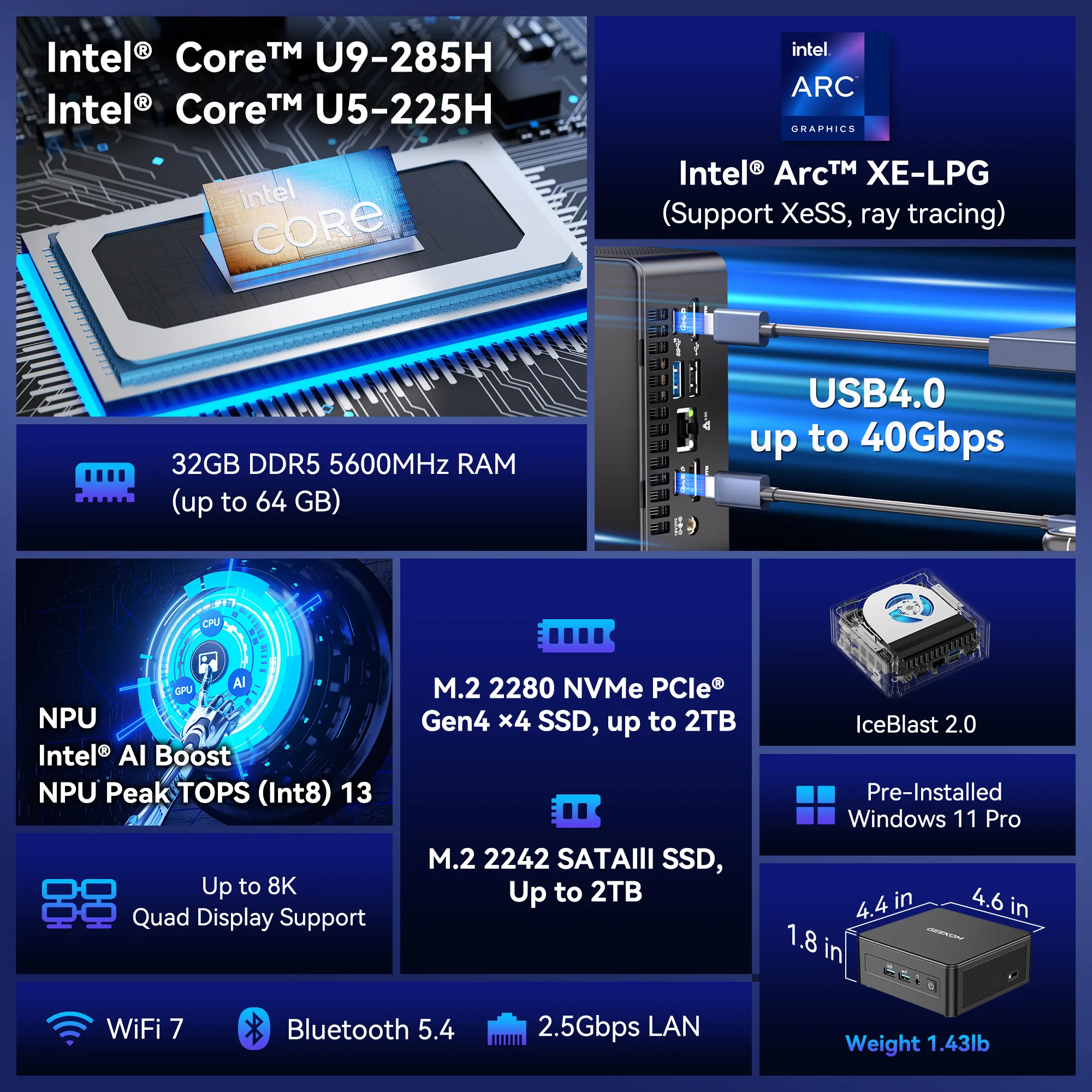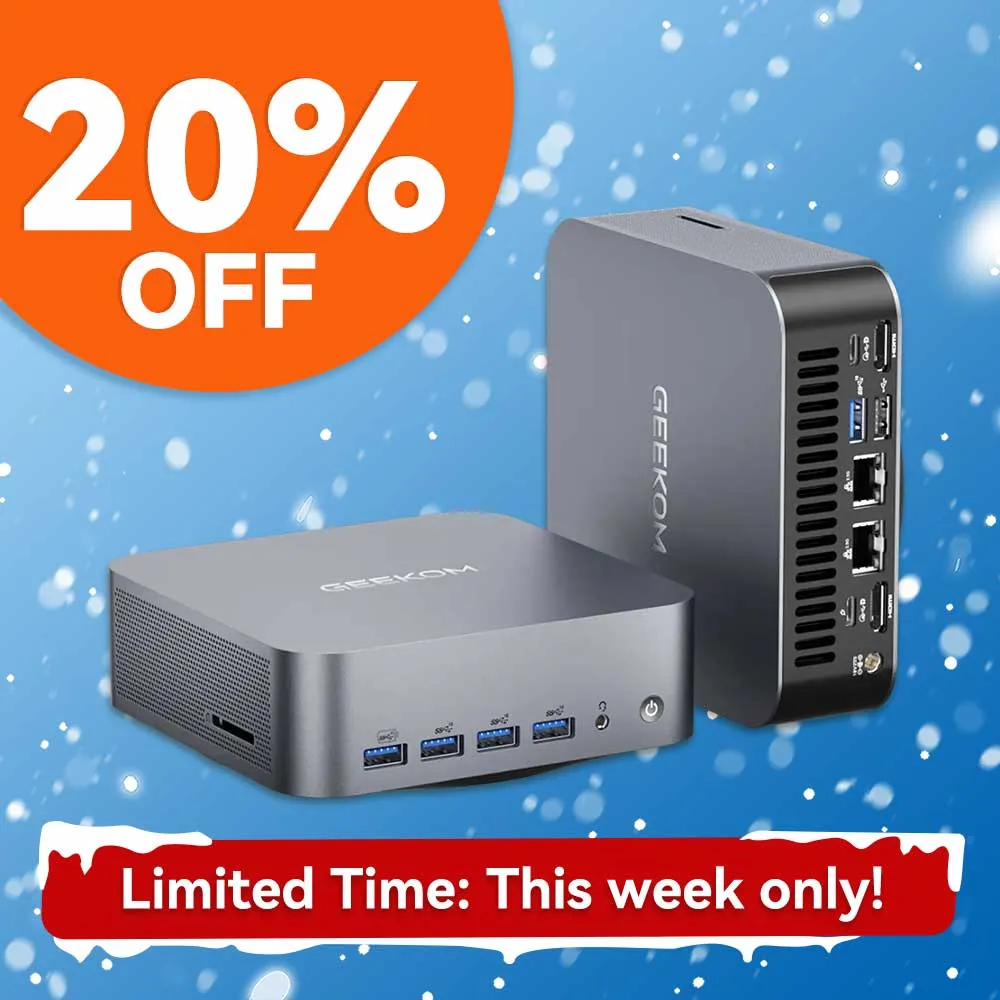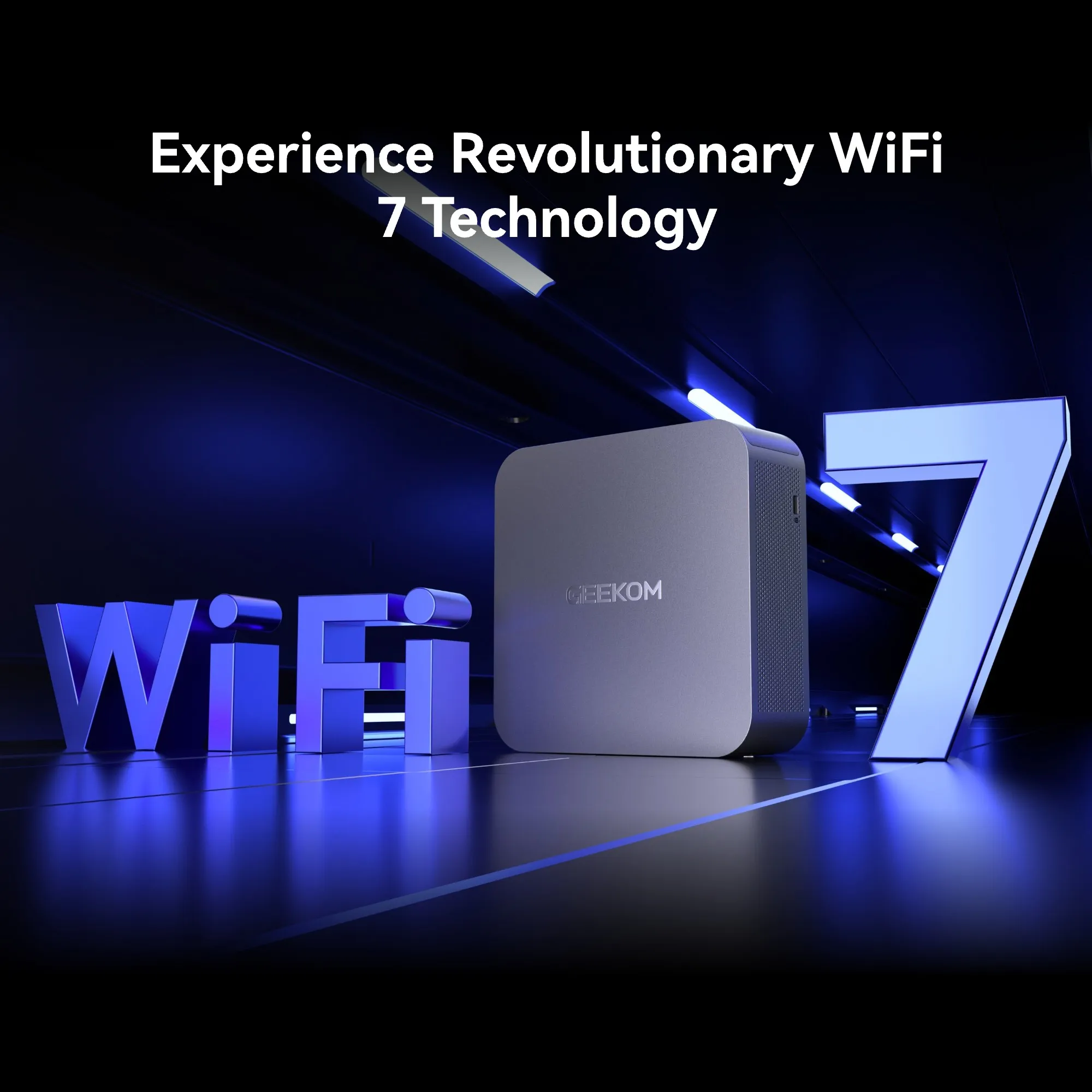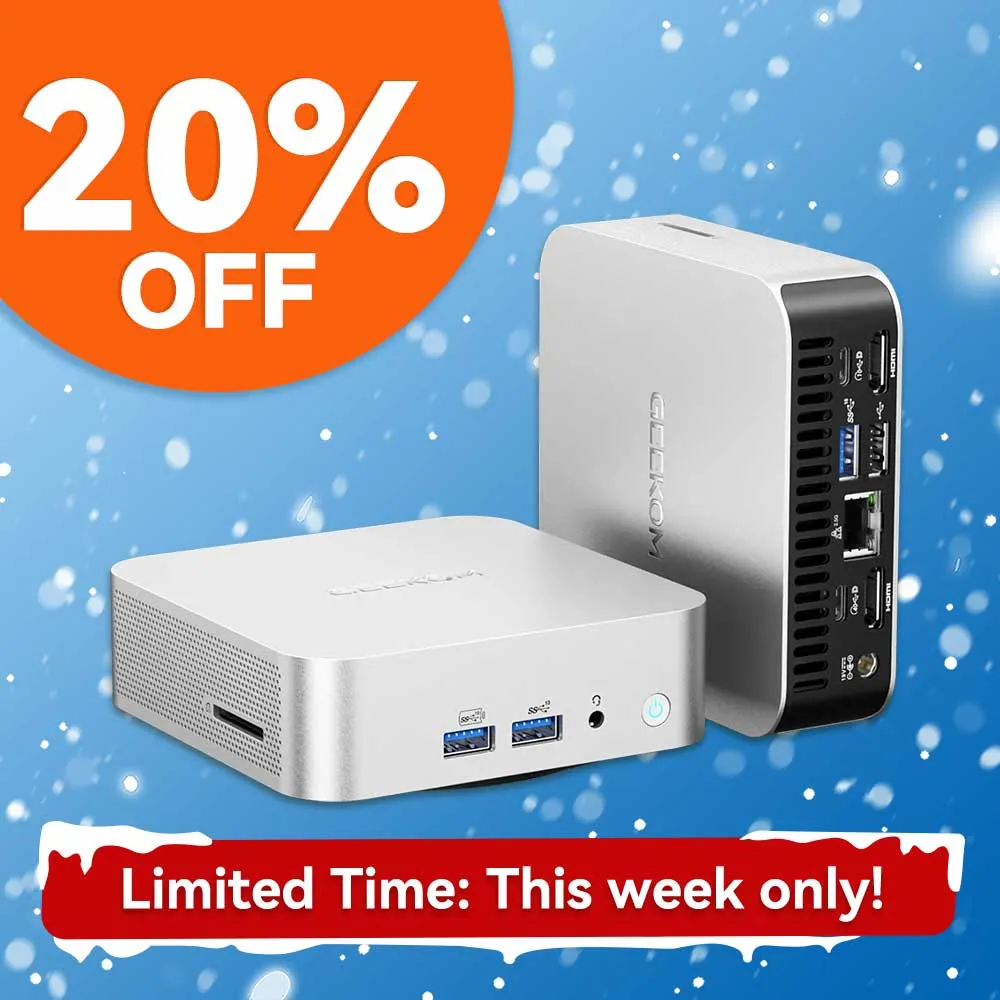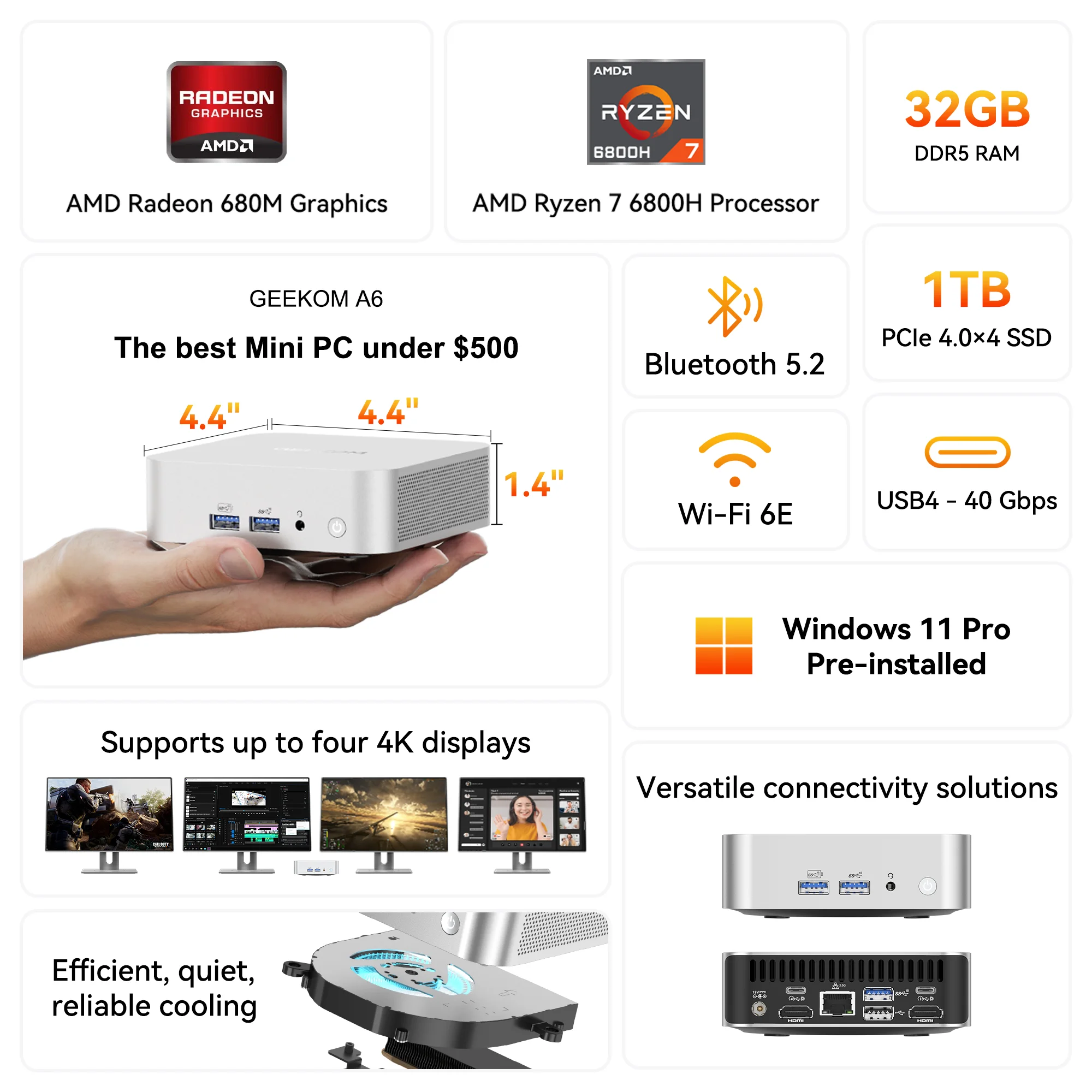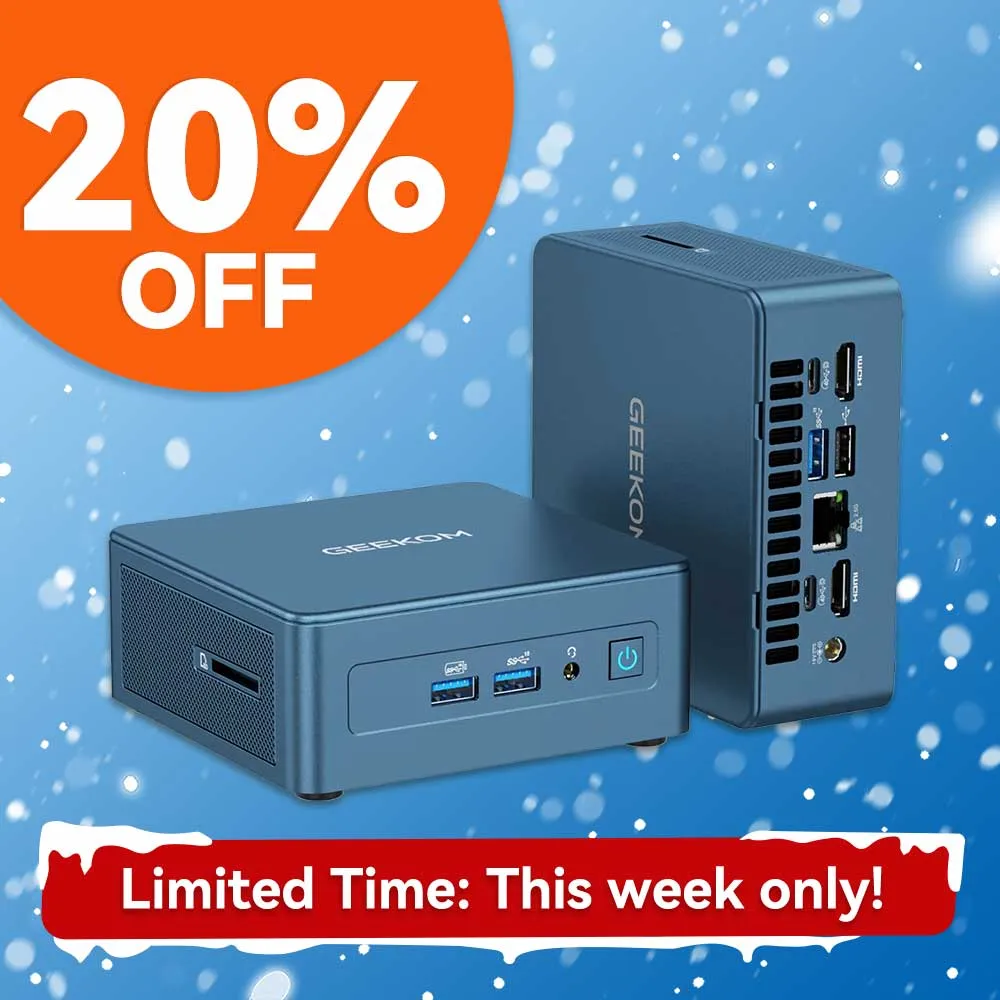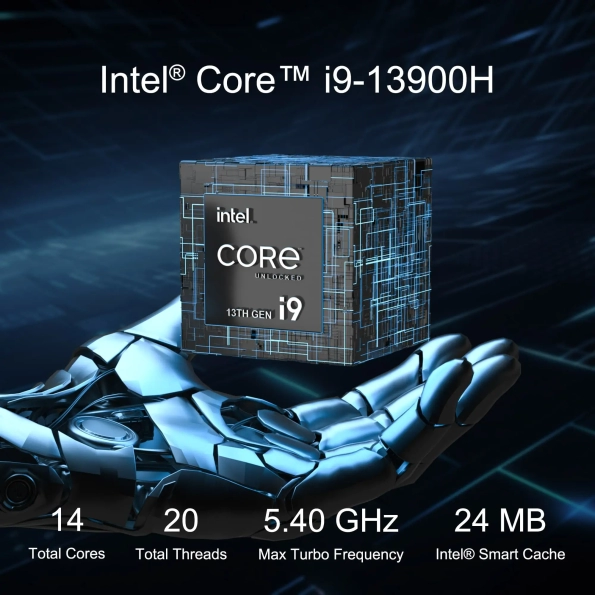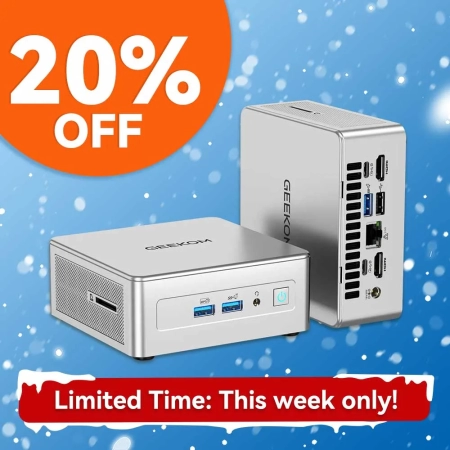Small businesses often operate with limited resources, making every investment a critical decision.
One of the most fundamental decisions is choosing the right type of computer.
It’s a strategic decision that can impact your productivity, efficiency, and ultimately, your bottom line.
Types of Computers for Small Businesses
Small businesses have a variety of computer options to choose from, depending on their specific needs and budget. Here are some types of computers commonly used by small businesses:
1. Desktop Computers
Desktop computers have been a staple in offices for decades. They offer reliability, stability, and excellent performance.
These workhorses are perfect for small businesses that require a dedicated workstation for tasks like graphic design, accounting, or data analysis.
Desktop computers come in various configurations to suit your specific needs.
2. Laptops
In today’s mobile world, laptops have become indispensable for small business owners and employees who are constantly on the move.
They provide flexibility and allow you to work from virtually anywhere.
Whether you’re in a coffee shop, at a client’s office, or on a plane, a reliable laptop is a must-have tool.
Learn more: Mini Pc vs Laptop: Which One Is the Future of Computing?
3. All-in-One Computers
All-in-one computers combine the monitor and computer components into a single unit, saving space and reducing clutter.
They allow employees to work from virtually anywhere, making them an excellent choice for businesses with remote or mobile teams.
4. Mini PCs
Mini PCs are compact, energy-efficient computers that are suitable for small businesses with limited space.
They are often used for basic office tasks, such as email, word processing, and web browsing.
They often come with VESA mounts for easy installation behind monitors.
Learn more: What is a Mini PC?
5. Servers for Data Management
If your small business deals with extensive data storage and management, investing in a server can be a game-changer.
Servers provide centralized data storage, security, and backup solutions.
They are essential for businesses that rely heavily on data, such as e-commerce stores and digital agencies.
6. Workstations for Specialized Tasks
Some businesses require high-performance computers tailored to specific tasks.
Workstations are designed for professionals in fields like 3D rendering, video editing, and scientific research.
Small businesses in creative industries may find workstations indispensable.
Key Factors to Consider
When searching for the ideal computer for your small business, consider the following factors:
1. Performance Matters
To ensure seamless multitasking and quick data processing, opt for a computer with a robust CPU and ample RAM. This ensures that your computer can handle various applications and tasks simultaneously without lag.
2. Portability for On-the-Go Entrepreneurs
If your work takes you on the road frequently, consider a laptop. Laptops offer the flexibility to work from anywhere, making them an excellent choice for small business owners who need to stay connected on the move.
3. Budget-Friendly Options
Small businesses often need to balance performance with budget constraints. Thankfully, there are cost-effective options available that offer excellent value for money.
4. Operating System Compatibility
Consider the software your business relies on. Windows, macOS, and Linux are popular choices. Ensure that your computer’s operating system aligns with your software needs.
5. Warranty and Support
Look for computers that come with comprehensive warranties and excellent customer support. This can save you time and money on potential repairs.
The Best Computers for Small Businesses
Now, let’s explore some of the top-rated computers for small businesses, each offering unique features to meet your specific needs.
1. HP ProDesk 600 (Desktop)
If you require a desktop computer with robust performance, the HP ProDesk 600 delivers. It’s customizable to suit your needs and offers ample storage and expansion options.
2. Apple iMac (All in One)
For those who prefer macOS, the Apple iMac is an iconic choice. Its sleek design, stunning Retina display, and reliable performance make it a favourite among creative professionals and small business owners.
3. Lenovo ThinkPad X1 Carbon (Laptop)
The Lenovo ThinkPad X1 Carbon is known for its durability and exceptional keyboard. It’s a great choice for small business owners who need a reliable, long-lasting laptop.
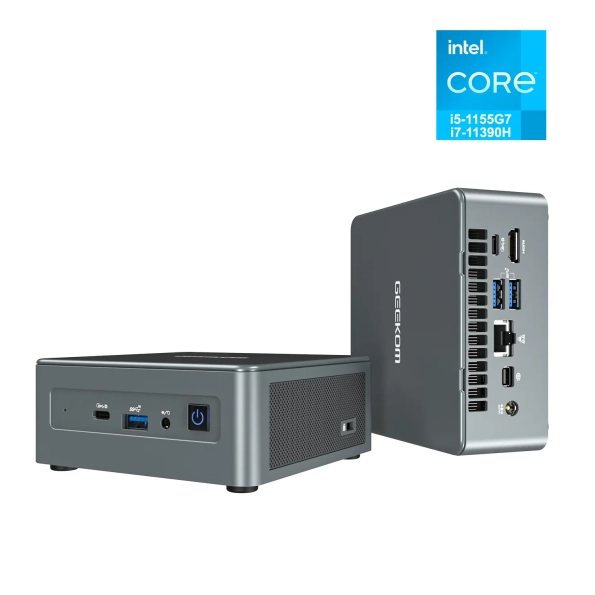
4. GEEKOM Mini IT11 (Mini PC)
- 11th Gen Intel Core i5 or Core i7
- Intel Iris Xe graphics
- 32GB DDR4 RAM
- 2TB M.2 2280 SSD
- Wi-Fi 6
- Windows 11 Pro
Operating on a tight budget? The GEEKOM Mini IT11 offers a blend of decent performance and affordability, making it an excellent choice for small businesses just starting.
Conclusion
Selecting the best computer for your small business is a decision that can impact your daily operations and long-term success.
If you’re ready to boost your business’s productivity and efficiency with a mini PC, look no further than GEEKOM.
Our offers top-notch mini PCs designed to meet the unique needs of entrepreneurs and small businesses.
FAQs
Is it necessary to invest in a high-end desktop for my small business?
The need for a high-end desktop depends on your business’s tasks. If you deal with resource-intensive activities like graphic design or 3D modelling, a high-end desktop is beneficial. Otherwise, a mid-range option may suffice.
How important is customer support when purchasing a business computer?
Customer support is vital for small businesses. Choose a brand known for excellent customer service, as timely assistance can be critical in case of technical issues or warranty claims.
Can I use a tablet as a primary device for my small business?
Tablets can serve as primary devices for specific business types, such as restaurants using them as POS systems or artists for digital art. However, they may not be suitable for all businesses due to their limitations in processing power and software compatibility.


